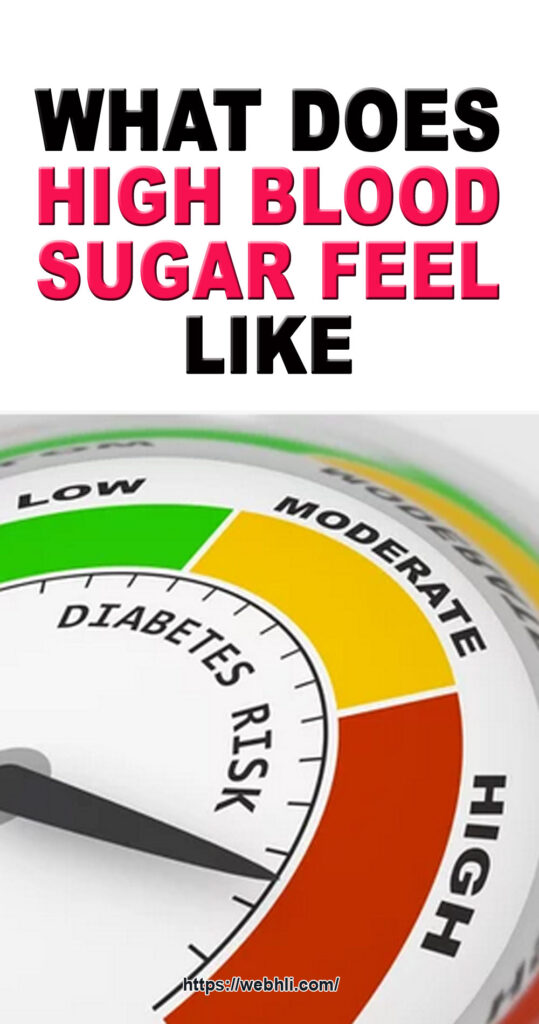
Identifying high blood sugar symptoms is very important so that you do not suffer from any extensive damage. Hyperglycemia, characterized by the rise of glucose or blood sugar in the body, occurs as a result of the body's inability to make insulin or respond to it properly. Insulin is essential for transporting glucose to cells for energy. In diabetics, it is not possible for the cells to receive the necessary insulin as the body is unable to produce or use sufficient insulin. This results in excessive deposition of glucose or blood sugar in the body and results in a subsequent loss of energy.
Check out these related articles, too:
Control Your Diabetes Better With These Helpful Tips
Gastroparesis - A Challenge to Control
Blood Sugar Control and Diet - A Plan to Reverse Diabetes
Diabetes Natural Home Remedies – Worth a Try?
Can Magnesium Prevent Diabetes?
Zinc Shown to Promote Insulin Production In Diabetics
Prevent Side Effects From Diabetes Drugs
Why You Should Stop Taking Drugs for Your Diabetes
What Does It Mean To “Reverse Diabetes?”
The increase in the blood sugar level can cause numerous health complications of varying magnitude. It is easy to not initially recognize a number of these symptoms, a fact which can be dangerous since it prevents diagnosis and is one of the major problems with this condition. The symptoms are often disguised or subtle and may take a long time to fully appear. It is of utmost importance to get blood sugar levels checked regularly and keep an eye on the following symptoms:
Dry mouth. Due to the lack of saliva, the mouth becomes very dry and causes discomfort. Although dryness can also be caused by nervousness, fear, or lack of liquid intake, this specific condition is characterized by prolonged periods of dryness that cannot be cured by intake of water or other liquids.
Getting tired easily. The inability of the body to supply adequate amounts of glucose to the cells results in the deprivation of the fuel necessary for proper cell function. This causes tiredness as the cells become ineffective.
Frequent urination. Unused deposits of glucose in the body can also be transferred to the kidneys. Although the kidneys can reabsorb the glucose, excessive amounts of glucose may go unabsorbed and have to be passed out with urine. So, frequent removal of glucose means frequent urination.
Increased thirst. Repeated urination without proper intake in equal amounts can leave a person dehydrated, which can lead to constant feelings of thirst. Increased glucose presence in the saliva can also increase thirst.
Sudden weight loss. Weight loss is a direct effect of increased blood sugar levels. The inability of the body to convert glucose into energy results in the waste of numerous calories as glucose is a very important source of calories. The process starts when the body begins burning body fat for energy, after which it will attack the muscles which makes the individual weak and sick.
It is very important to take proper precautions to avoid serious health problems including healthy eating and being watchful for high blood sugar symptoms.
Good Energy Food for Diabetics
10 Simple Food Concepts Every Person Living With Diabetes Should Know
Making Cheesecake For Diabetics
Enjoy the Taste and Benefits of Diabetic Foods
Will The Mulberry Leaf Help Your Diabetes?
5 DIABETIC FRIENDLY SALADS Some Tasty
DIABETIC LEMON COCONUT COOKIES Some Tasty
50 Healthy Diabetic Recipes That Are The Best
Betty is a medical student who is studying a whole range of medical issues such as diabetes. In addition to looking for indications of high blood sugar symptoms [http://www.ehighbloodsugarsymptoms.com/], she is also studying the relationship between cinnamon and diabetes [http://www.ecinnamonanddiabetes.com/], with some positive results.
Article Source: http://EzineArticles.com/6572473



 Protected by Patchstack
Protected by Patchstack